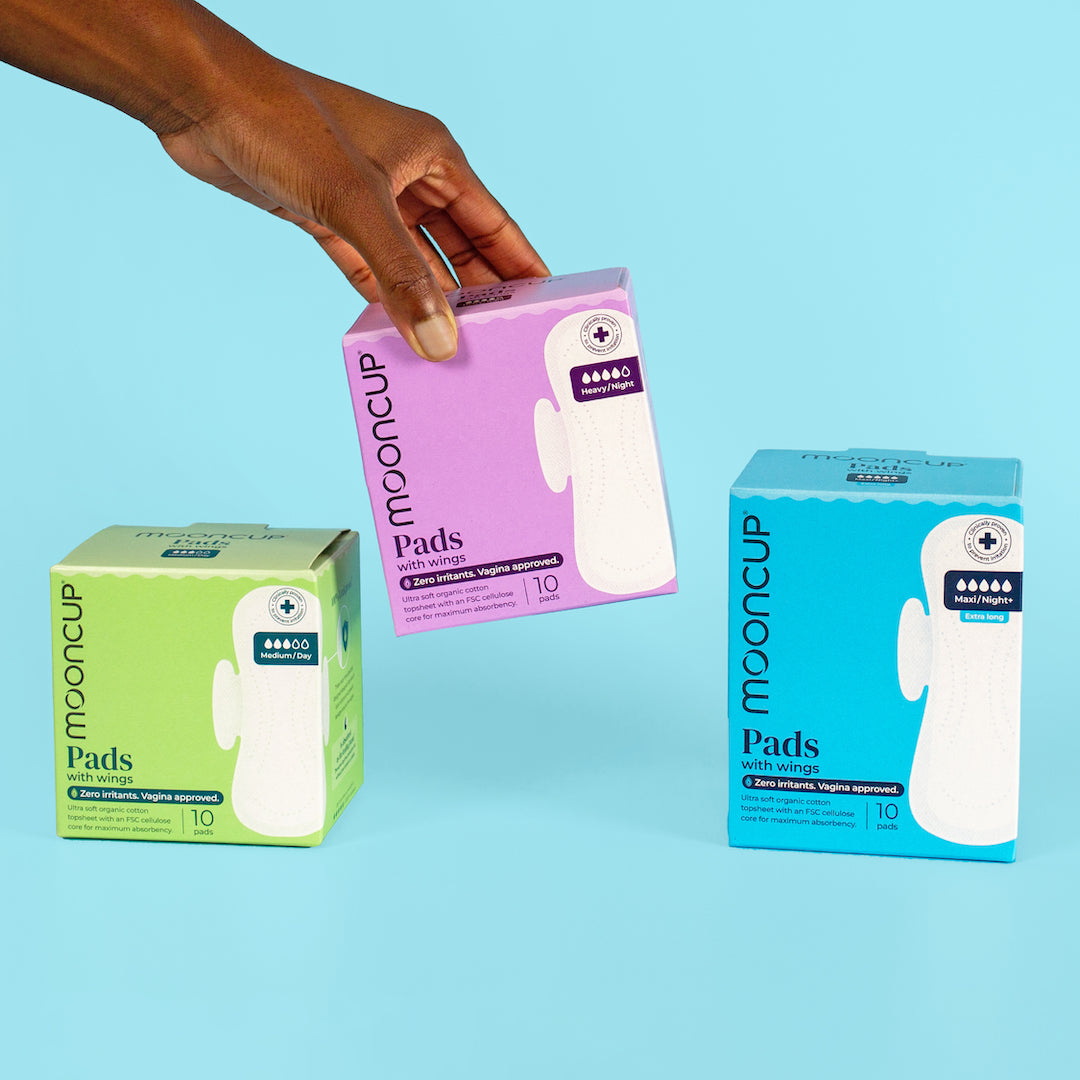Did you know that 1 in 5 plastics on a beach is a used tampon? Yep, that’s pretty gross. It’s estimated that 2.4 million tampons are flushed down the toilet every single day in the UK. No wonder our beaches are full of them. This is where we come in. But before we get into that, we reveal how to dispose of tampons and why flushing tampons isn’t the way to do it…
Why is flushing tampons bad?
Most tampons on the market are made from synthetic materials such as rayon. These tampons never break down, so they’re travelling through our sewers and either getting stuck in fatbergs or ending up in our precious waterways.
Why are tampons being flushed down the toilet?
According to phs Group, the 2.4 million tampons being flushed down the toilet every day is caused by people feeling the need to hide they’re on their period and those who feel that flushing tampons is ‘less embarrassing’. So, not only is period shame affecting our wellbeing, but it’s also causing plastic pollution.
How to dispose of tampons
The first thing to remember: never flush. The only things you should flush down the toilet are the 3 P’s (that’s pee, poop & paper!). Tampons are best thrown away, this way you can avoid them ending up in our pipes and potentially our beaches.
The good news? Our organic cotton tampons are 100% biodegradable and certified compostable. In fact, when in the right conditions our period care will biodegrade within 18 months - faster than a banana! We also only use cardboard for our applicator tampons, this means even the applicators can be recycled and also biodegrade. No plastic waste here!
So, when you use and dispose of our tampons you can feel safe in the knowledge that you’re not adding to waste in landfill. Even when disposed of with your regular household waste, our organic cotton period care will still naturally biodegrade, so you’re still helping save the planet from products ending up in landfill.
Got another question about disposing of tampons? Get in touch! Drop us a message to customercare@wearemooncup.com
Blog disclaimer
Our blog is intended to share information and ideas around periods, health, and sustainability. While we do our best to keep content accurate and up to date, things can change over time. The information here is not intended as medical advice — for any health-related concerns, please consult a qualified healthcare professional. For more information on our claims, please see our Claims Page, and for the most up-to-date product information, please visit our Product Pages.





